Lighthouses and More: Great Places in Hachinohe!
Thuy Fang
Posted on May 27, 2024
Share:
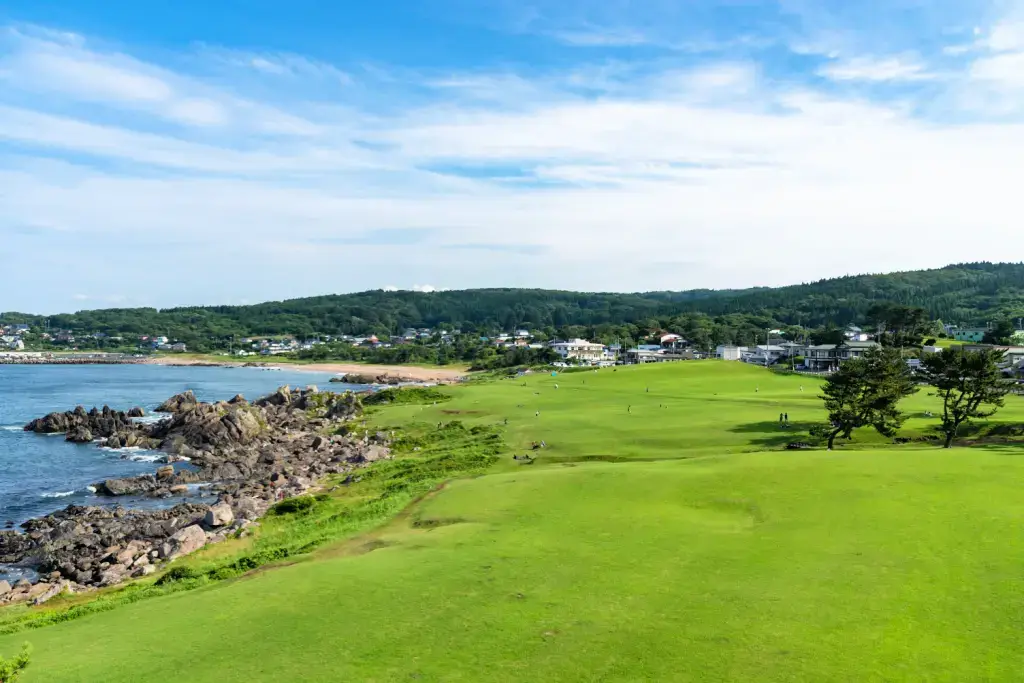
If historical landmarks like lighthouses are always on your must-visit list when traveling to Japan, then Hachinohe is perfect! But that’s not all; this charming city is famous for its natural landscapes, stunning beaches, exclusive culinary offerings, and warm-hearted community. Let’s explore more about this beloved region together!
Where is Hachinohe?
Hachinohe is a charming city in Aomori Prefecture, the northern part of Honshu Island. It’s on the coast and covers an area of 305.56 square kilometers (118 square miles). The city has beautiful natural landscapes, including the Oirase and Mabechi Rivers. It is also famous for its mild summers and snowy winters, offering a unique climate that adds to its allure.
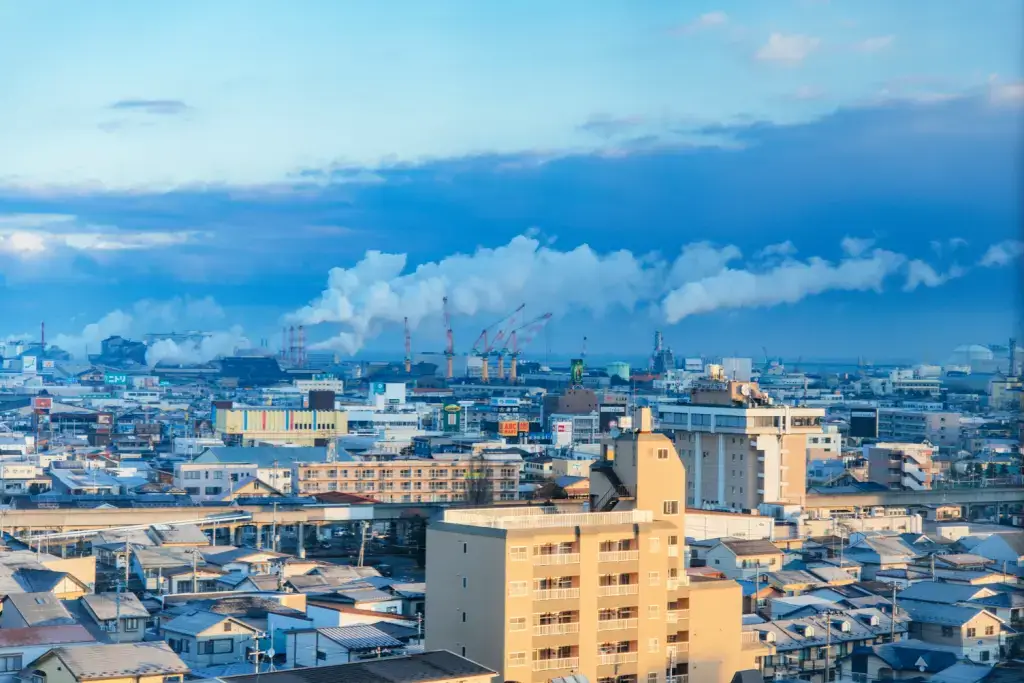
Hachinohe’s origin goes back thousands of years to the Jomon Era. During the Kamakura period, the powerful Nanbu samurai clan ruled this area. This city was historically a castle town and developed into a significant commercial center and port, especially renowned for its fishing industry. Today, it’s still one of Japan’s top deep-sea fishing ports, famous for its fresh and tasty mackerel and squid. In addition, this beautiful city also offers numerous must-visit spots for visitors. Here are just a few highlights!
Samekado Lighthouse
Samekado Lighthouse is a stunning and historic landmark on the scenic Tanesashi Coast. Constructed in 1938, this impressive white lighthouse stands 22.73 meters (27 square yards) high and is one of Japan’s most notable lighthouses. The lighthouse’s clean white color, set against green meadows and the blue sea, creates a breathtaking view.
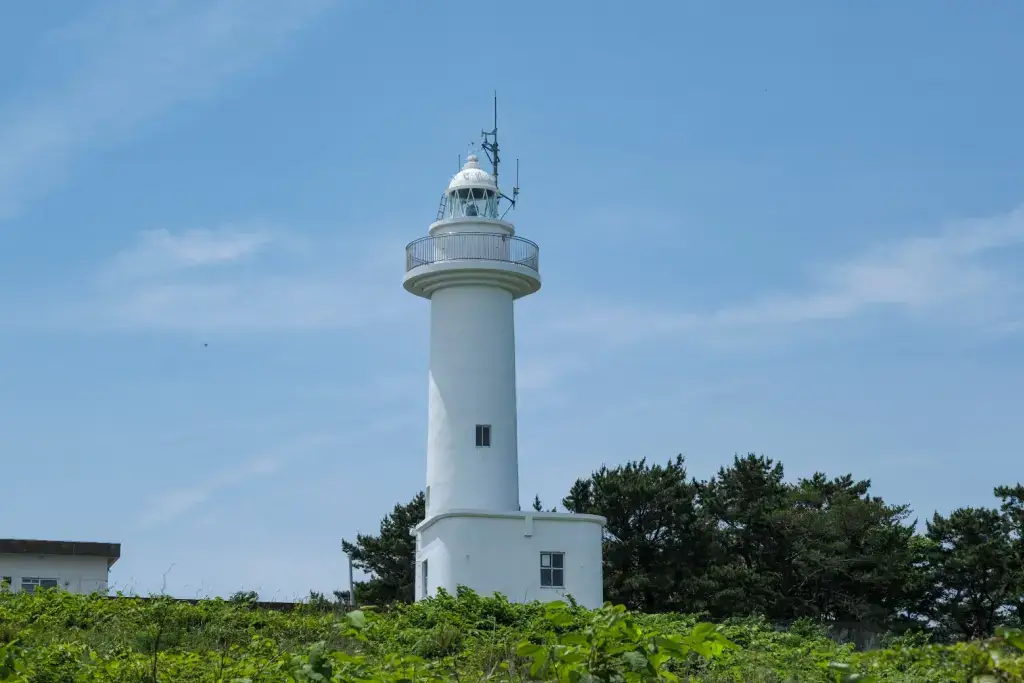
You can take leisurely walks around the lighthouse, enjoying the natural beauty and fresh ocean air. The lighthouse is also a starting point for exploring the northern part of Sanriku Fukko National Park. Samekado Lighthouse is not just about its views; it also has a rich history. Since its construction, it has been a crucial guide for ships navigating the coastal waters. It’s one of the most beautiful lighthouses in Japan.
Maneido Sweet Shop
Maneido is a delightful sweet shop that has been serving delicious treats since 1921. Positioned conveniently in front of the Kushihiki Hachiman Shrine, it is an ideal place to satisfy your sweet tooth after discovering this fascinating spot. The star treat at this Hachinohe’s sweet shop is a little cake called “Tsuruko Manju.” These local favorites are filled with a yummy mix of sweet red bean paste and dark brown cane sugar and topped with rice flour and sugar.
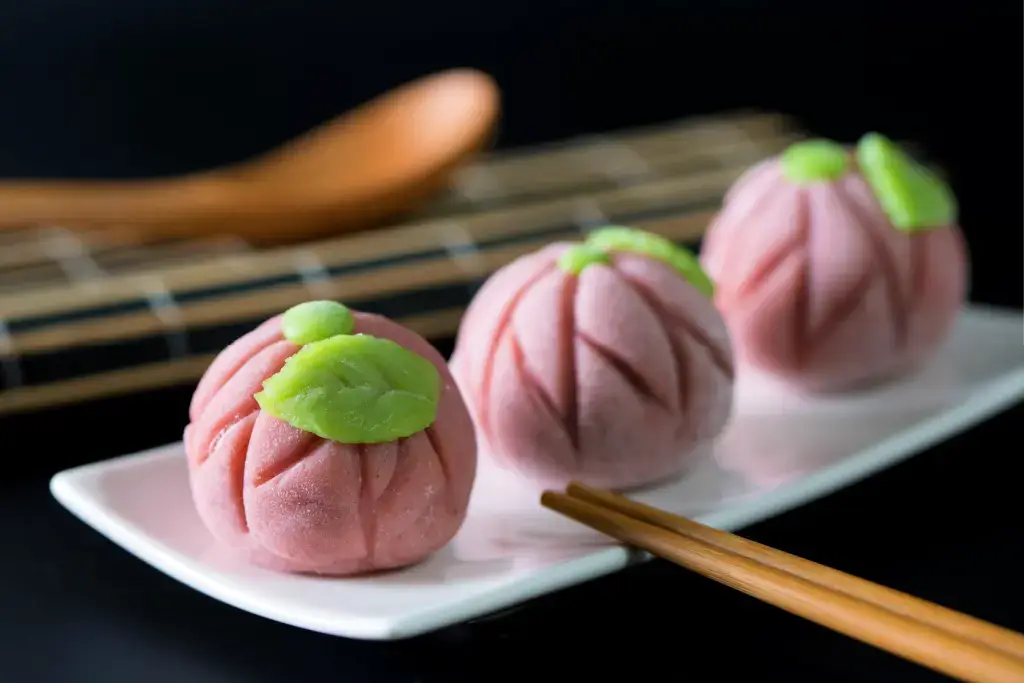
Legend says the idea for these treats came from a dream about a crane, a lucky symbol in Japan. That’s why they’re called “Crane Teacakes.” Over time, Tsuruko Manju has become a symbol of Hachinohe and is often given as a popular souvenir. Visitors can indulge in traditional and modern sweets like cream cheese manju. The shop even features a lovely sitting area on the second floor adorned with antique tools used in the confectionery-making process.
Are you looking for amazing snacks while checking out lighthouses in Japan? Try Sakuraco! Sakuraco delivers traditional Japanese snacks, teas, sweets, and snacks from local Japanese makers directly to your door so you can enjoy the latest treats from Japan!
Kabushima Swimming Beach
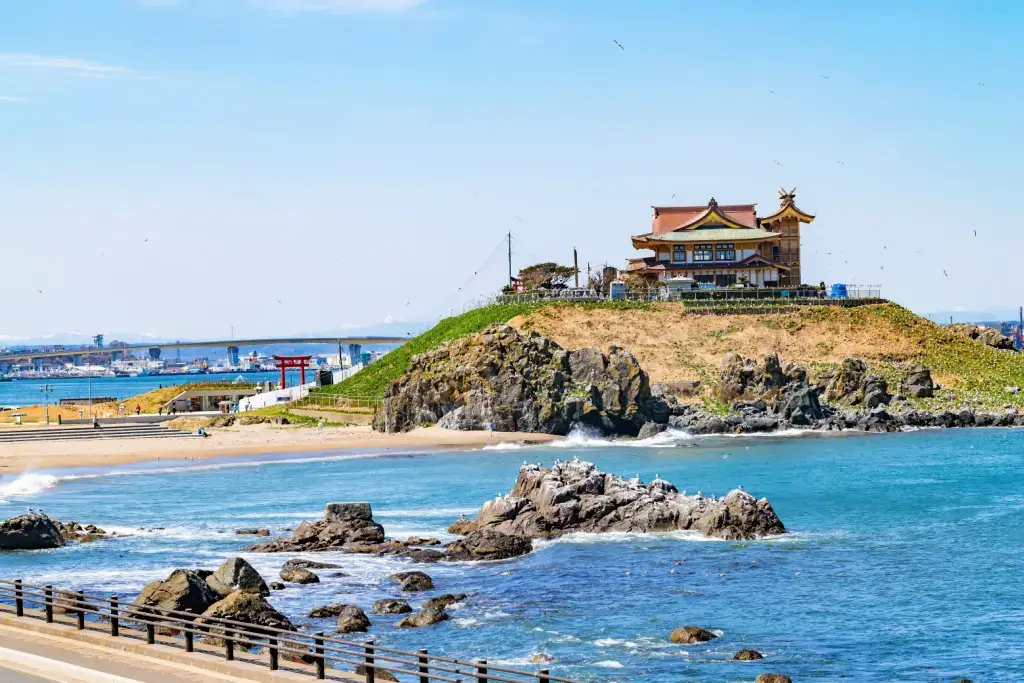
Kabushima Swimming Beach is a fantastic place near the Kabushima Shrine, well-known for black-tailed gulls. Situated close to the city, this beach is a beloved destination for swimming during Hachinohe’s brief summers. The beach gets busy in July and August when people from nearby towns come to swim. Despite its small size, the beach offers a distinctive and enjoyable experience with the cries of the black-tailed gulls echoing in the background. The picturesque Kabushima Shrine also provides a fantastic backdrop. Thus, Kabushima Swimming Beach has earned a spot as one of the 100 Japan’s Soundscapes.
Hachitsuru Sake Brewery
Hachitsuru Sake Brewery is the most famous brand of the Hachinohe Shurui Corporation. Its brewery business started in 1786 during the late Edo era. “Hachitsuru” comes from the Nanbu family crest, showing two cranes facing each other, and “Hachi” from Hachinohe.
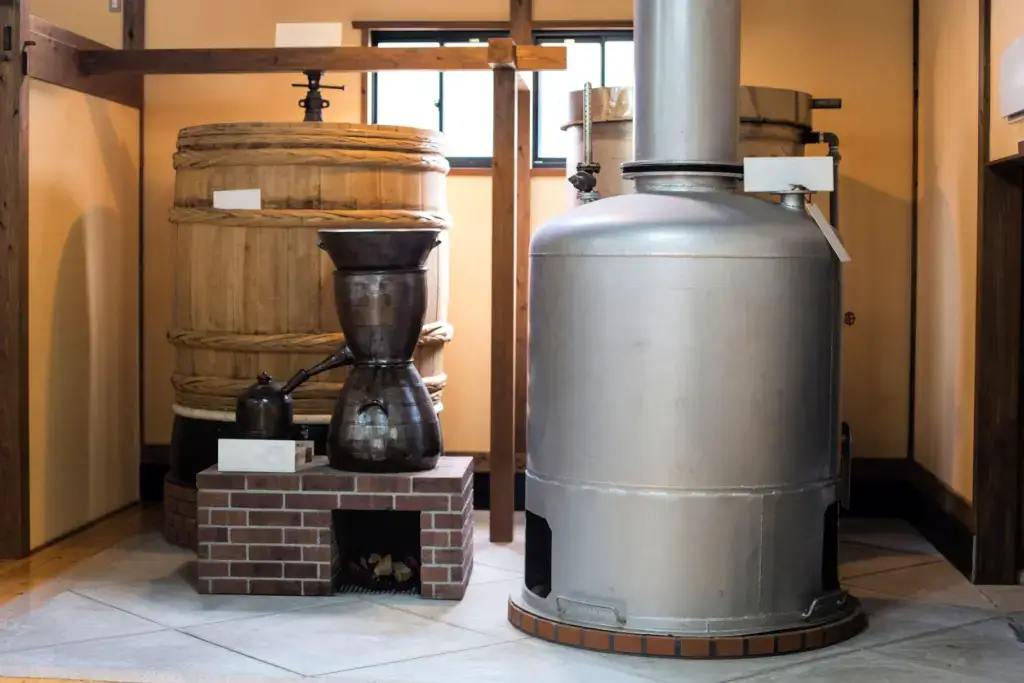
People can take tours of the brewery to witness the sake-making process firsthand. From December to March, when sake is being made, visitors can observe it bubbling and fermenting. You’ll surely learn about Hachinohe’s traditional sake-making methods (Nanbu style) passed down through generations by a master brewer here.
Hachinode Nanbu Clan Garden
Hachinohe Nanbu Clan Garden was established in 1847 to welcome Nambu Nobuyuki, who became the 9th lord of the Hachinohe domain. Initially serving as a resting spot for lords, skilled gardeners later transformed the garden from Satsuma into the spectacular landscape it is today.
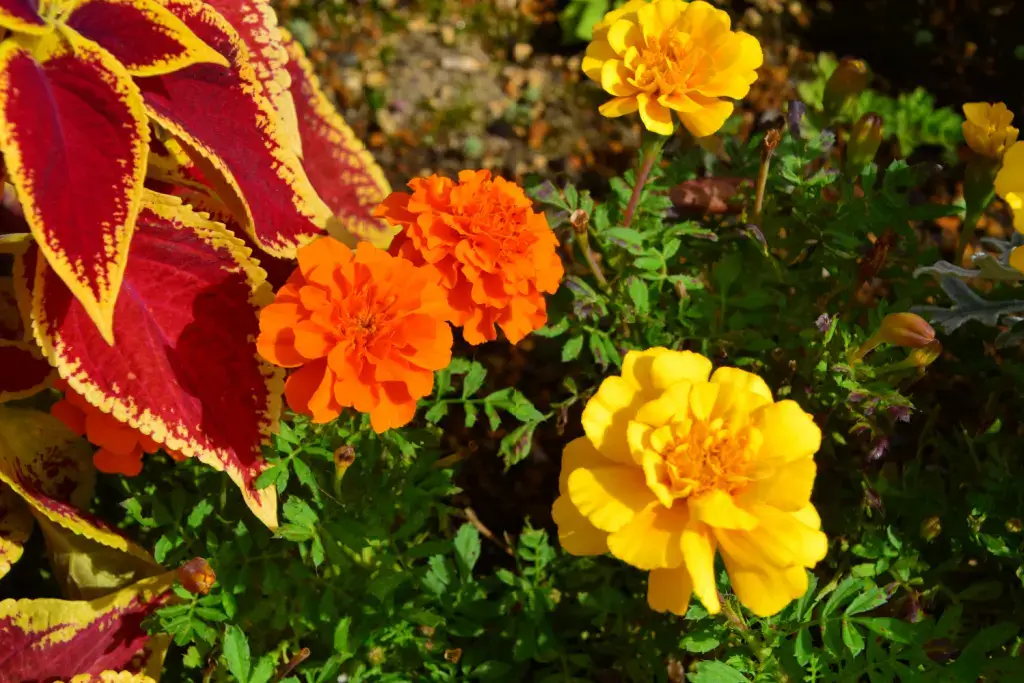
This peaceful garden has many hundreds-of-year-old azaleas, pine trees, and fir trees, providing a tranquil retreat for visitors. You can stroll around the central pond and admire the carefully arranged features, including bridges, tsukiyama (artificial hills), and stone lanterns. On clear days, the garden also grants you the best views of the distant snowcapped peaks of the majestic Hakkoda Mountains.
Why should I visit Hachinohe?
This enchanting city has so much to offer. You can drop by one of Japan’s top lighthouses to immerse yourself in the picturesque scenery and gain insight into the area’s maritime history. Alternatively, discover the unique and famous sake production process here! And let’s not miss the chance to indulge in Hachinohe’s yummy delights, from fresh seafood to traditional sweets. So, what aspect of this vibrant city excites you the most? Share it with us in the comments below!
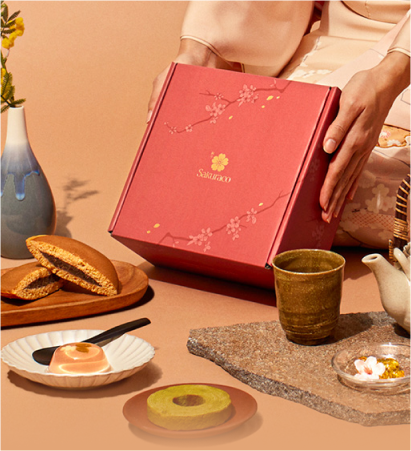
Discover authentic flavors with Sakuraco
Get Sakuraco 

Discover authentic flavors with Sakuraco
Get Sakuraco 
Related Articles
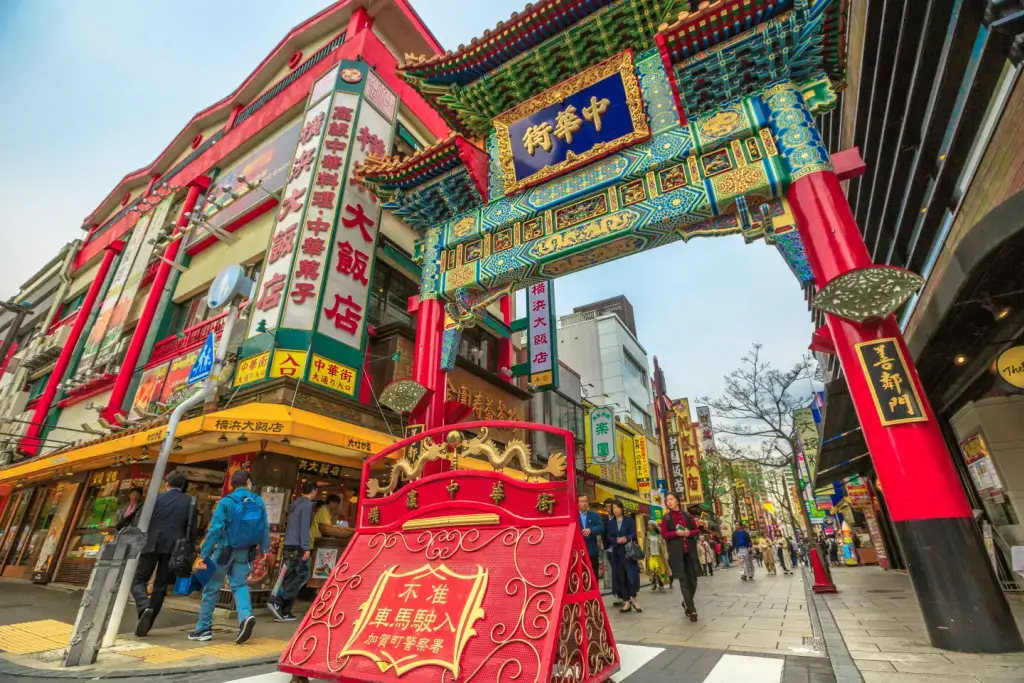
Yokohama Chinatown: Everything You Need to Know!
Yokohama, a city just south of Tokyo, is home to the largest of Japan’s three Chinatowns, called “chukagai” in Japanese. Established in the late 19th century, Yokohama Chinatown is a historic area home to hundreds of businesses.
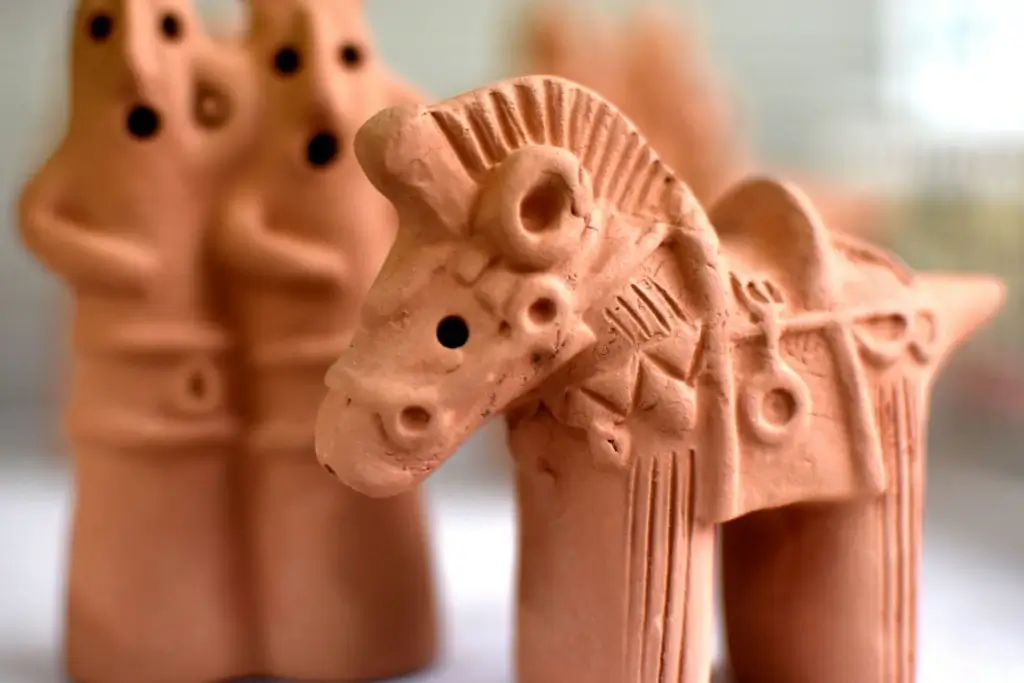
Yamato Period: A Look at Japan’s Early Path to Unity
The Yamato Period laid the foundation for modern Japan. Powerful clans emerged to shape the islands’ future and form the country’s first early states.
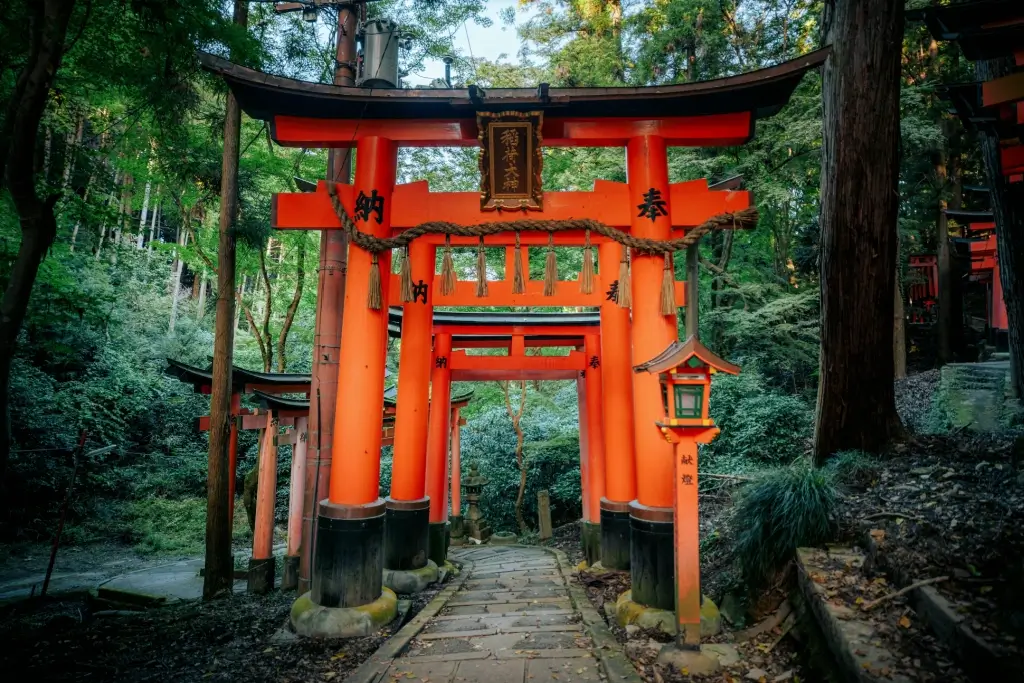
Kyoto Shrines: Five Best Ones to Visit!
Kyoto shrines preserve history within their walls, and their network carries the old days into modern Japan. Visiting them can be a memorable way to learn about Japan’s past and understand how spiritual traditions coexist with modern life.
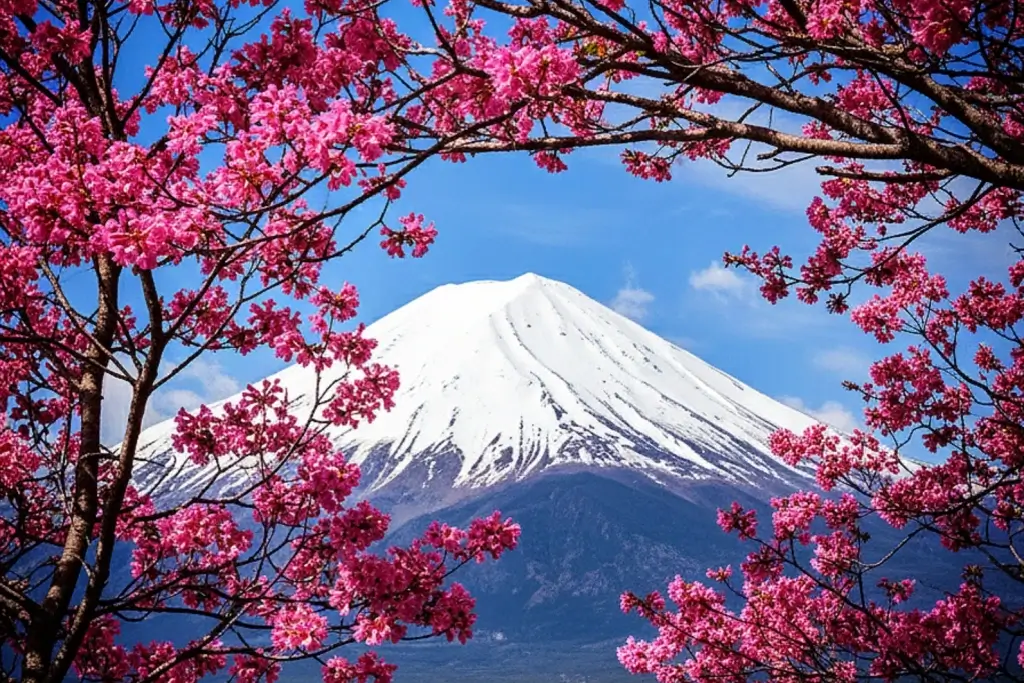
Cherry Blossom Flower Variety Across in Japan: The Ultimate Guide!
Many people know the soft pink cherry blossoms. However, sakura in Japan includes a wide variety.



